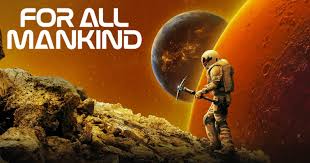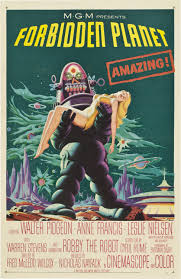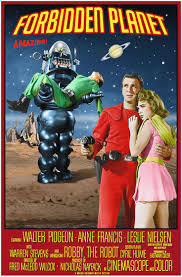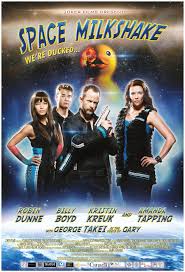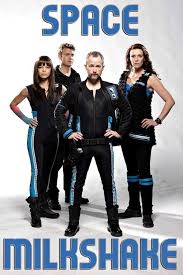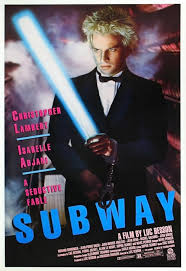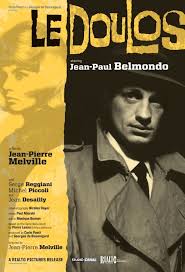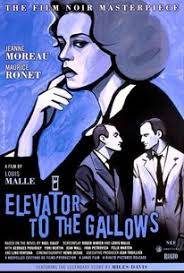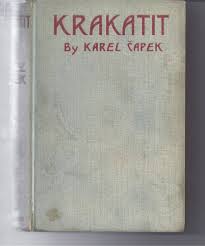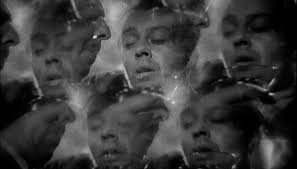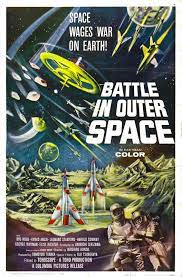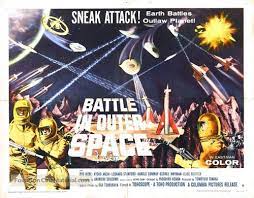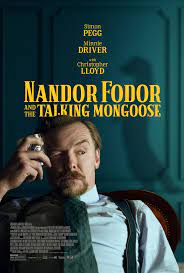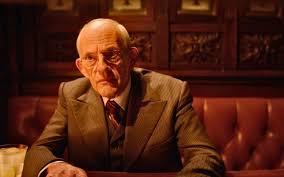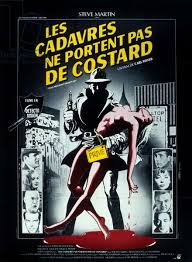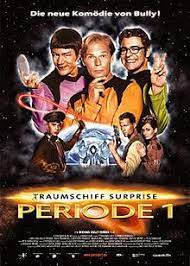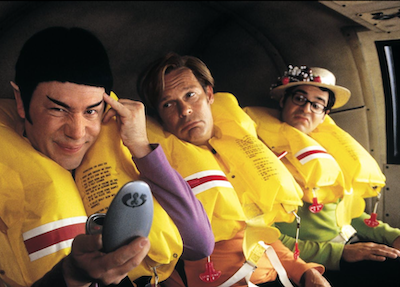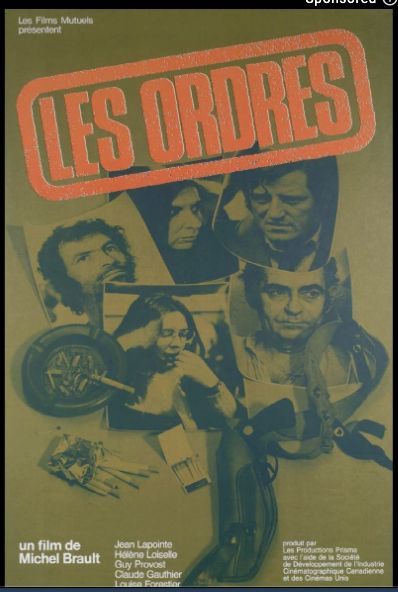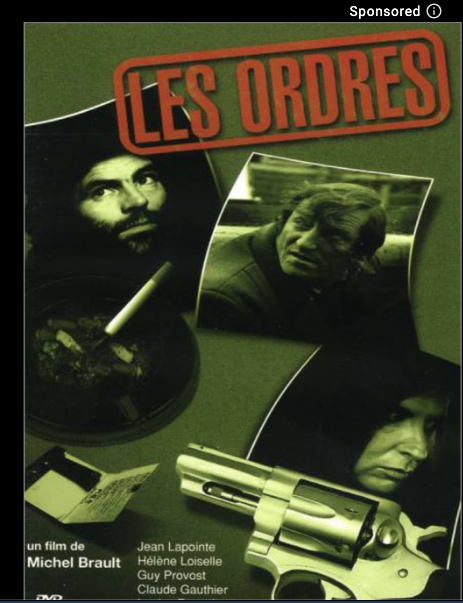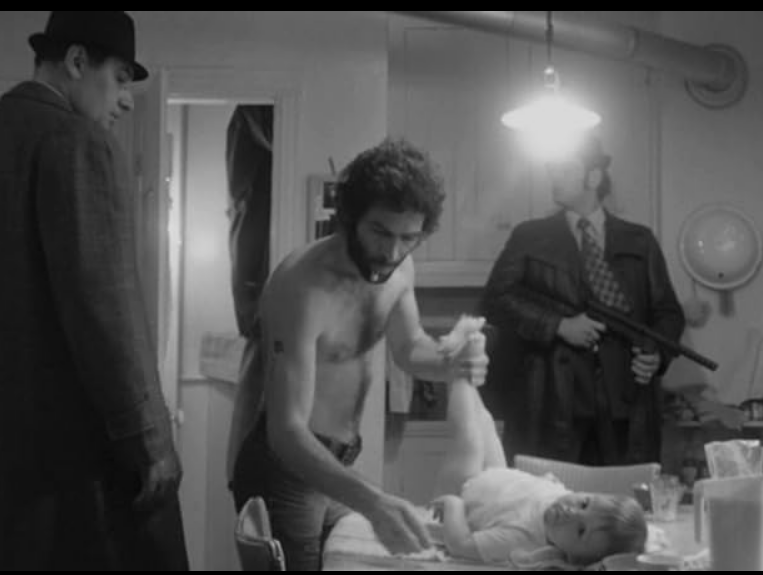For All Mankind (2019)
IMDb meta-data is 41 episodes of app 48 m each, rated 8.1 by 70,000 cinemtizens.
Genre: Alt History.
DNA: USA.
Verdict: Right Stuff (1980) played by college boys.
Tagline: On and on it goes where is stops, does anyone care?
The Russkies got to the Moon first, and it’s time to catch up and escalate. N.B. I have watched only the first three episodes before getting bored.
As a period piece it is well done, though I would have liked a lot more 1960s music. Maybe that’s just me.
All the historical faces are there from Walter Cronkite to the astronauts and their entourage. So far the Soviets are The Other with a flag.
There is some very clever use of Nixon’s Whitehouse tapes. Likewise the portrayal of Werner von Braun is certainly more lifelike than the drooling madman in the Dial of Destiny. On von Braun one might see Robert Harris’s V (discussed elsewhere on this blog, click on).
I liked the hiatus from Armstrong and crew, but if there was an explanation that I heard, but, well, let’s say my attention was divided. But so far there is just too little about the scientific, technological, and engineering complexity of the problems each of which had never been done before. Instead the real problems seems to be with family, with women, with political priorities, with macho rivalries, and so on. I hasten to add the wives get their due in a way, but still the focus of the problems does not seem to be space flight, but each other. The human drama, I guess the marketing department would say, but we don’t need space or the Moon for that.
***
The acting is superb, though the writing and directing are uneven: some scenes are attenuated and others rushed and much is omitted in favour of alcohol and sex. There is too little on the everyday racism and sexism of the time, but perhaps that is coming in later episodes, though it seems unlikely to me that a black would have been inducted into the program at the time.
I do like the story arc with the Mexican girl, but it is a frail reed to hang so much upon.
***
I made the mistake of reading the semi-literate review on Roger ebert.com which included the following irritants with the quotation marks followed by my fulminations follow the – sign.
‘random Russian’ – This man was first in a highly selective program, hardly a walk-in off the street. Nor is he unknown for he is named. In short he was not just anyone.
‘the film wonders how that would feel’ – first I’ve heard that film has feeling. I’ll be more considerate around it from now on.
‘lofty ideas that are heavily considered’ – Heavily, man.
‘the highly renowned John Glenn’ – Doubt the author even knew who he was.
‘reoccuring’ – recurring is so much simpler. No doubt this writer also speaks of ‘myself,’ uses ‘orientate,’ and ….
‘the story seek(s) compassion’ – more reification (look it up) with the story at work.
‘spreads its charisma thin’ – ditto.
‘she has big reasons’ – little reasons never get any consideration. Is this sizeism? Woke up!
‘a striking reinforcement of the toxics masculinity’ – Huh? Plural?
It ranges from annoying to incomprehensible. Sounds like teenagers talking about it on the bus, which would perhaps please the author, but might insult the teenagers who are usually more cogent.

